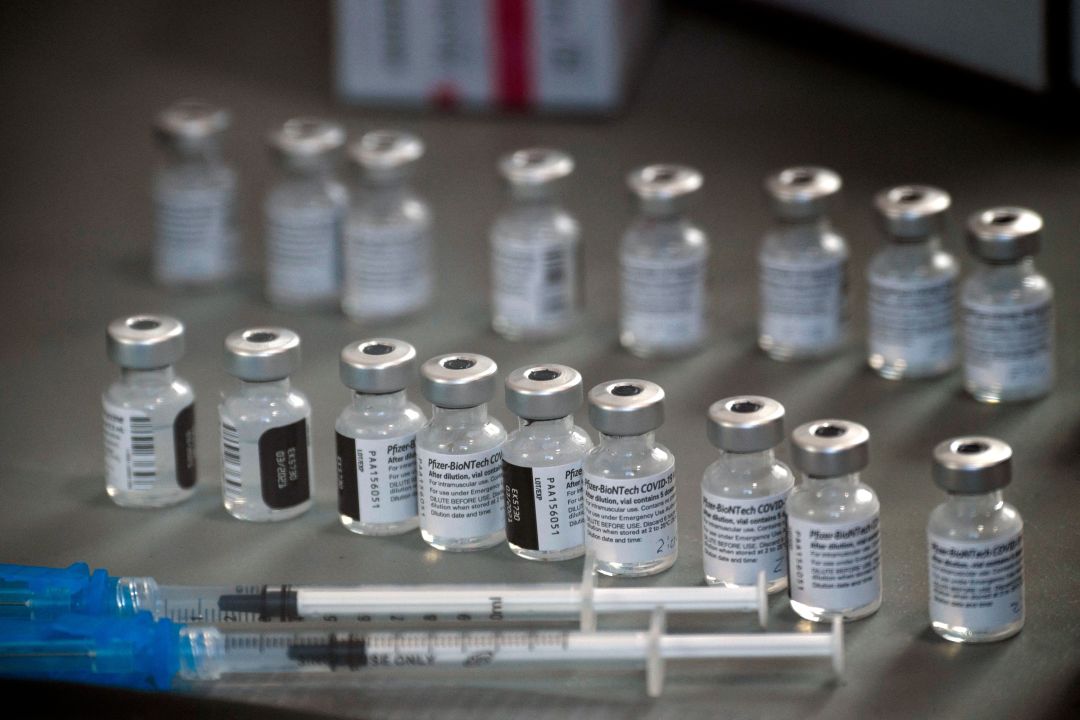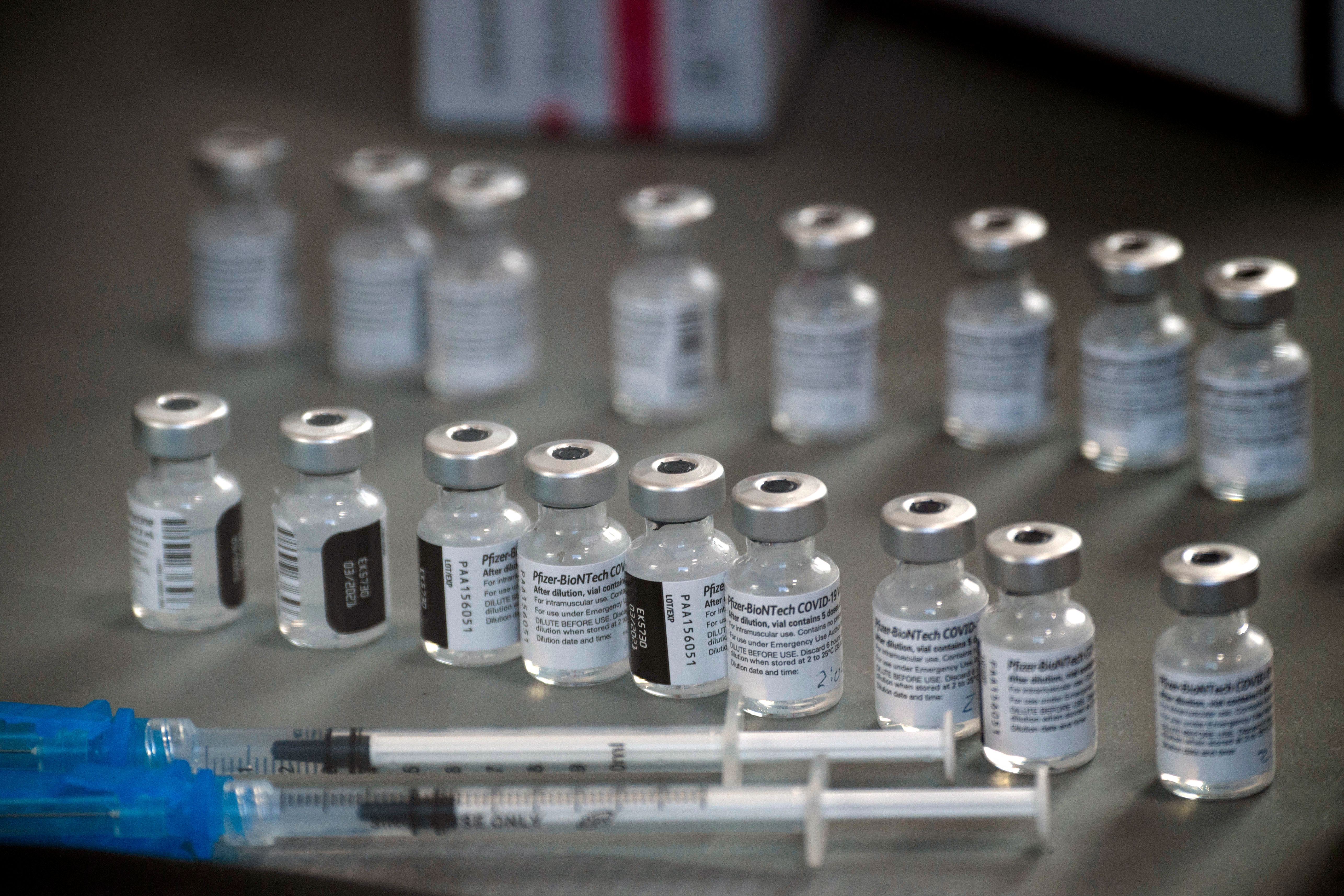For a man who is regularly derided by Republicans, president Joe Biden has racked up a fine number of achievements. He made his latest on 5 May, when he threw his support behind waiving the Covid-19 patents, overturning decades of American protection of its industries’ intellectual property rights. His words packed a punch: the Frankfurt-listed shares in BioNTech promptly lost 14 per cent, while Moderna and Novavax closed three to six per cent down in New York.
The U.S. pharmaceutical industry was quick to denounce the measure, as Jeremy Levin, chair of the biotech trade association Bio, asserted that ‘securing vaccines rapidly will not be the result.’ But, in fact, that’s exactly what the result will be.
The last time an American president waived intellectual property rights so dramatically was in 1917, only days after the U.S. joined the first world war, when president Woodrow Wilson waived the Wright brothers’ patents. As late as 1917, the U.S. had no aviation industry because the Wright brothers’ patents were unbreakable. The brothers themselves had long stopped making airplanes, for they spent their whole time in court winning their cases against people who dared fly. As a result, nobody in America flew, and the U.S. army on the western front was reliant on French and British aviators to defend them from the German planes.
Patents make individuals very rich indeed – without proportionate merit
After Wilson waived the patents, Americans took to the air in droves. By 1972, the U.S. had long boasted of the best aviation industry in the world, with four major companies, Boeing, Douglas, Lockheed and Convair, competing fruitfully. But that same year, those four companies – worried about new entrants into the industry – persuaded Richard Nixon (always the plutocrats’ friend) to reinstate the patents. This decision is why the U.S. now has only one major company, whose monopolistic arrogance gave us the 737 MAX, which is riddled with problems. That’s what patents do: they create monopoly.
No survey has ever shown that patents stimulate a nation’s economic growth. Natural experiment proves this: in 1850, the Swiss government decided not to introduce patent laws; while in 1868, the Dutch abolished the ones it had. Germany, then as now, believed in patents, and by virtue of its size it obliged Switzerland (in 1907) and the Netherlands (in 1912) to reintroduce them.
What happened to countries under the different patent regimes? In his 1971 book Industrialisation Without National Patents the economic historian Eric Schiff tells us: nothing. Neither Swiss nor Dutch rates of economic or technological growth changed as the patent laws changed, either (in the Dutch case) on the abolition of patents, or (in both countries’ case) on their reintroduction.
But patents make individuals very rich indeed – without proportionate merit. The person who patents sliced bread might, thanks to their trivial advance, monopolise the entire 12,000-year history of bread. Today the world is now struggling against over-mighty, monopolistic, tech companies, but we made them over-mighty and we made their founders over-rich because we gave them patent protection.
Individuals who stand to benefit from these laws say they won’t pursue research and development (R&D) without patent protection. Our answer should be ‘fine, don’t; see how long you’ll last without going bust.’ In a world where Amazon spent $22.6 billion (£16.5bn) on R&D in 2017 (Alphabet $16.6 billion (£11.9bn), Microsoft $14.7 billion (£10.5bn), Intel $13.1 billion (£9.3bn), Apple $11.6 billion (£8.3bn), Facebook $10.2 billion (£7.3bn)) the company that eschews R&D will not do too well. But Amazon and the rest would have spent much more on R&D had their monopolies not been buttressed in law.
The only industry where patents are usually legitimate is the pharmaceutical industry, where the costs of safety regulation overwhelm the costs of R&D (a new drug may cost up to $1 billion (£700m), largely in safety testing, to bring to market) and the original researchers are too easily undercut by copy-cats. But that exception does not extend to vaccines today, because the authorities are so keen to facilitate their introduction.
By endorsing waiving the Covid-19 patents, Biden is working to give every country in the world the chance to make its own vaccines, rather than depend on the charity of a handful of western monopolists. Why, even France might one day master this novel technology.







Comments